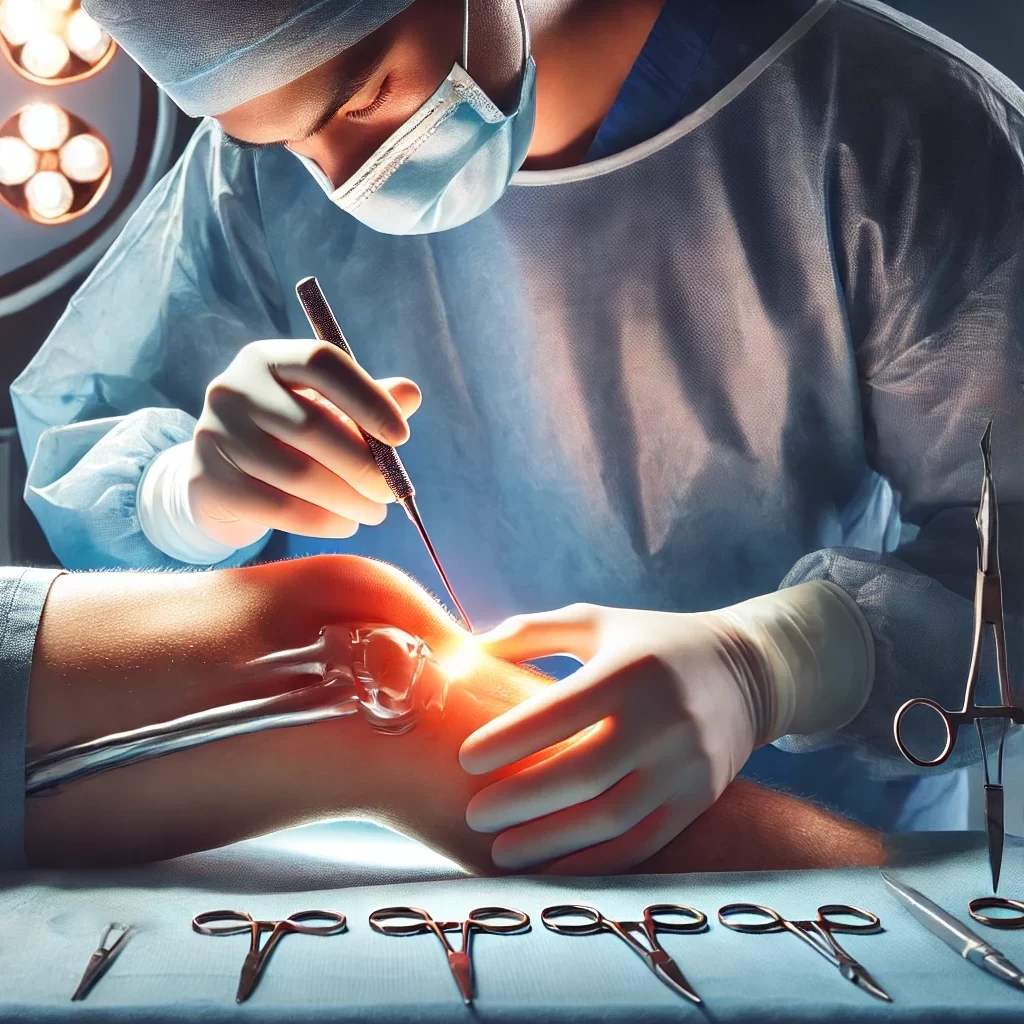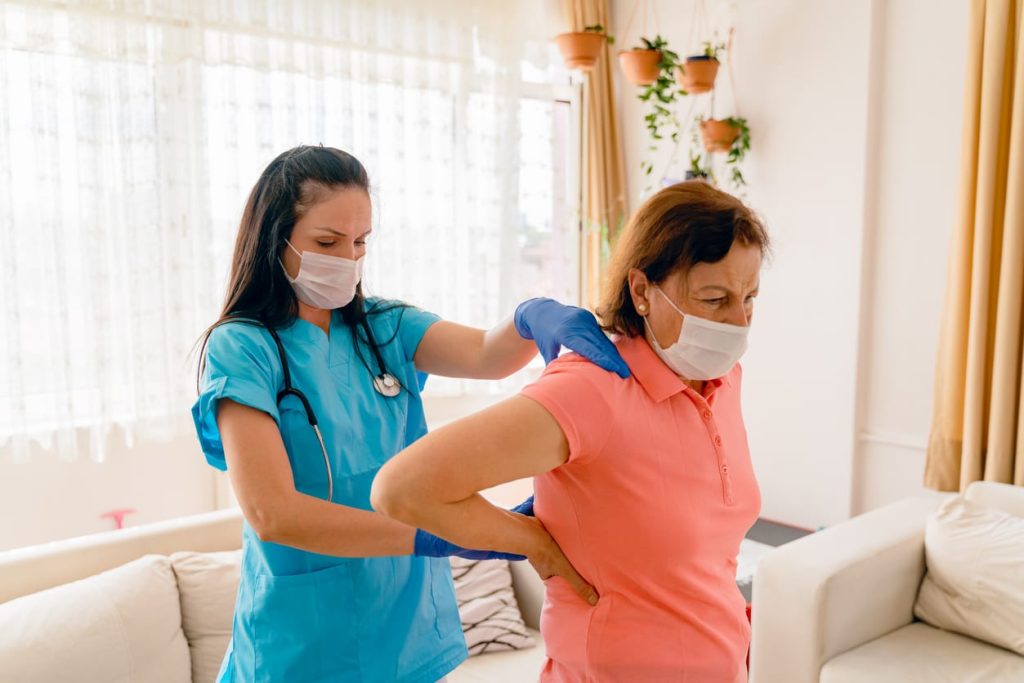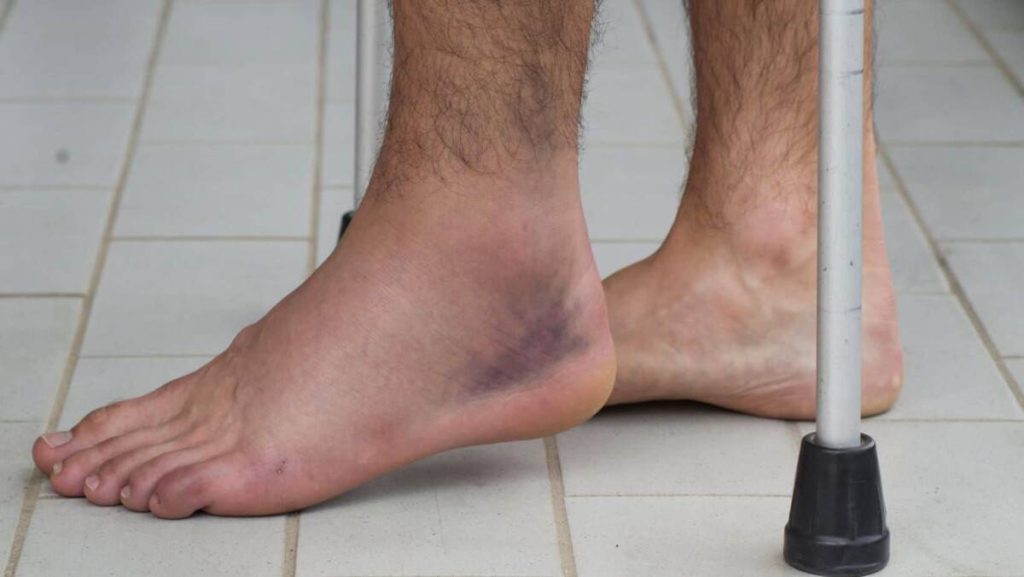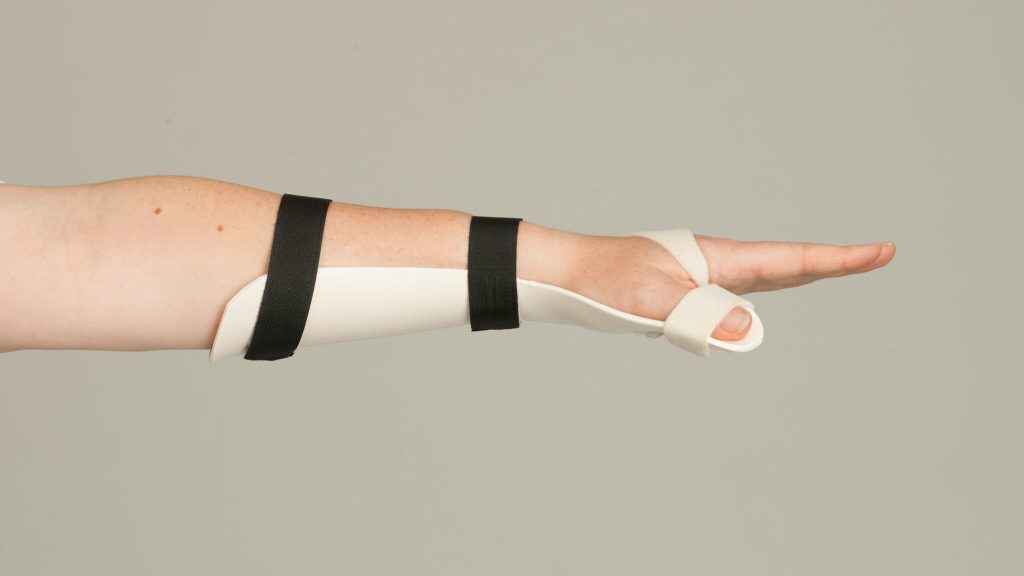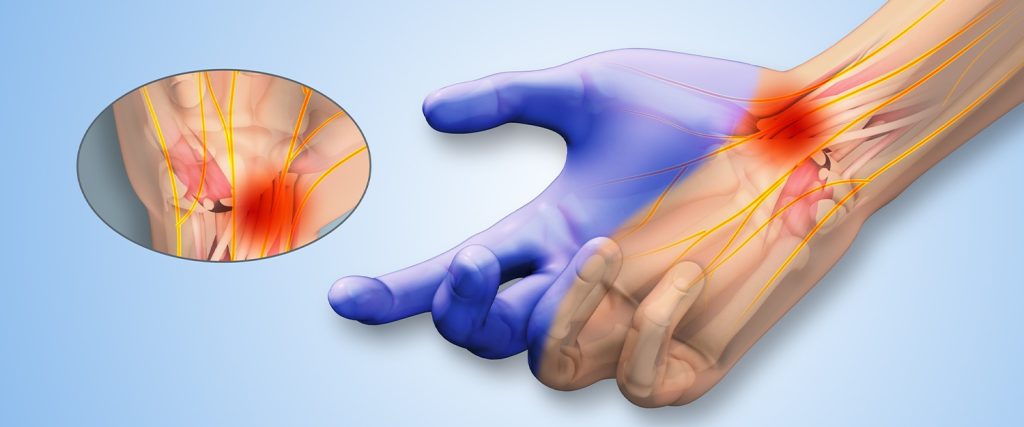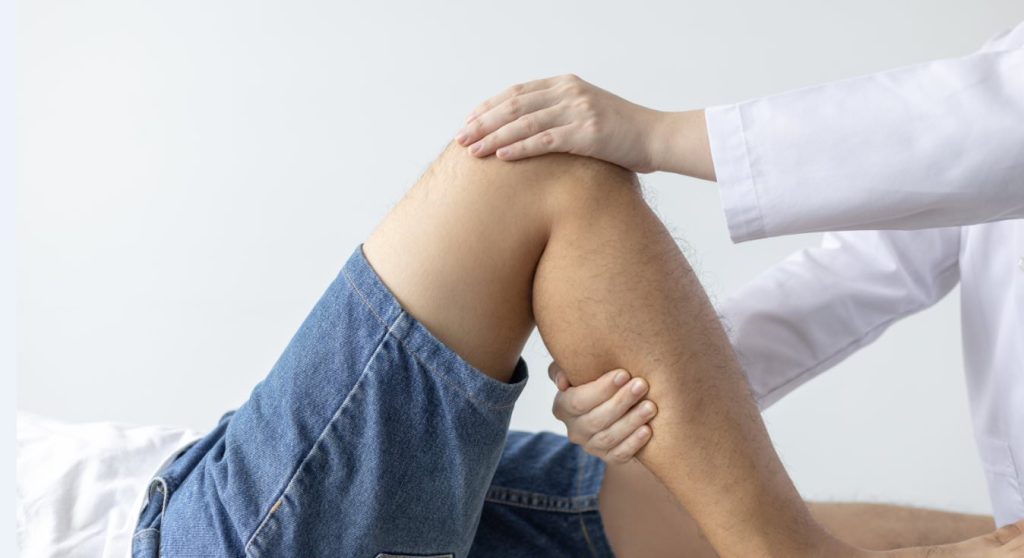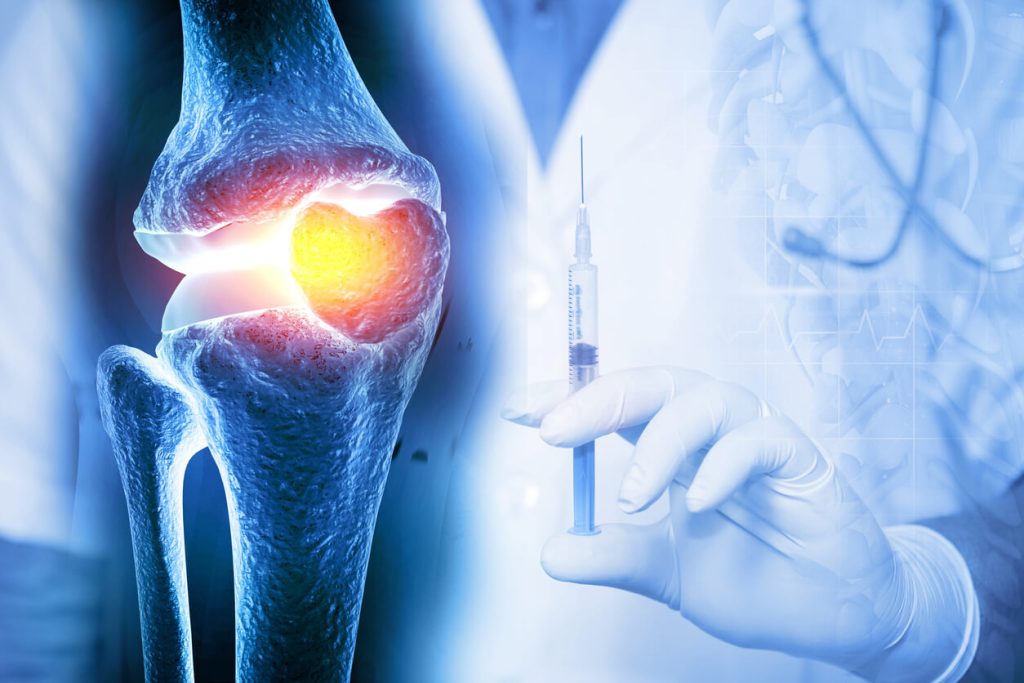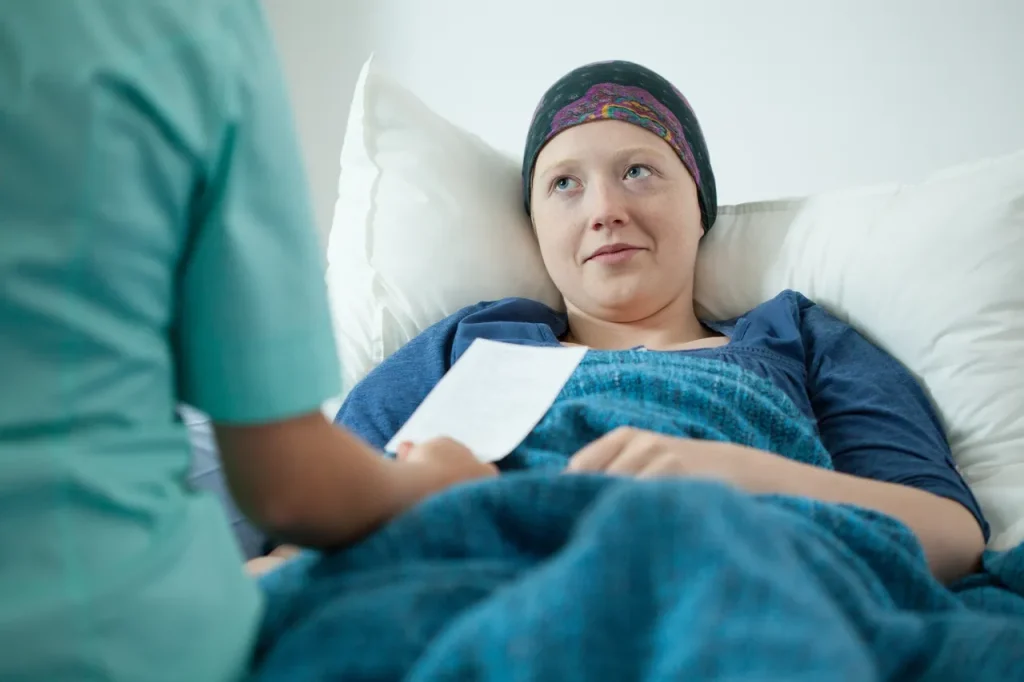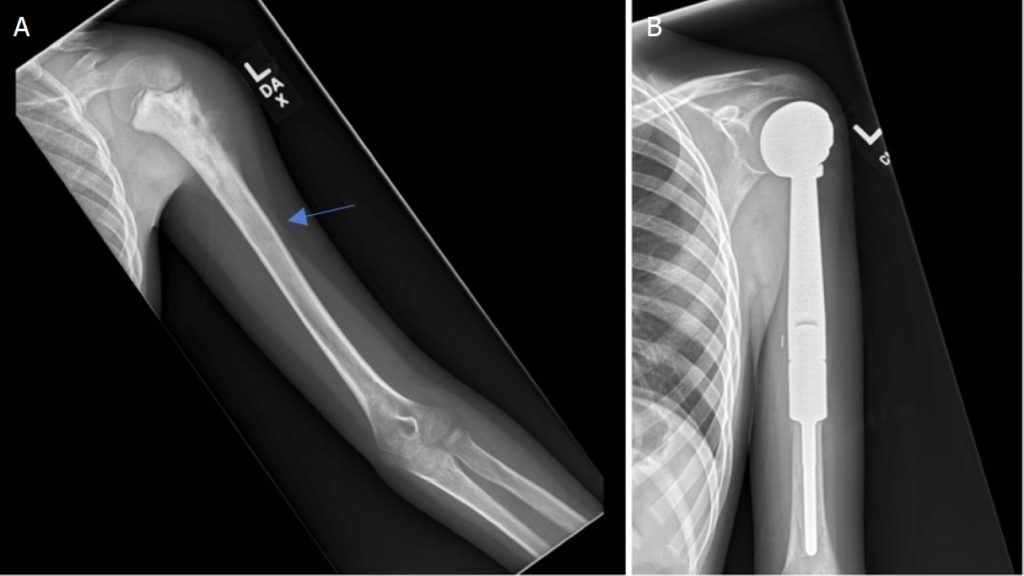Orthhopedic surgeons working on musculoskeletal diseases is an extremely rich specialty with many different sub-branches, diagnosis and treatment methods.
Major areas such as arms, legs, pelvic region, spine and connecting tissues of bones, muscles, vessels, nerves and spinal cord are within the scope of orthopedic surgeons department. Working in coordination with other departments such as Physical Therapy and Rehabilitation, the orthopedic surgeons unit operates in a wide range of fields from hand surgery to prosthetic procedures.
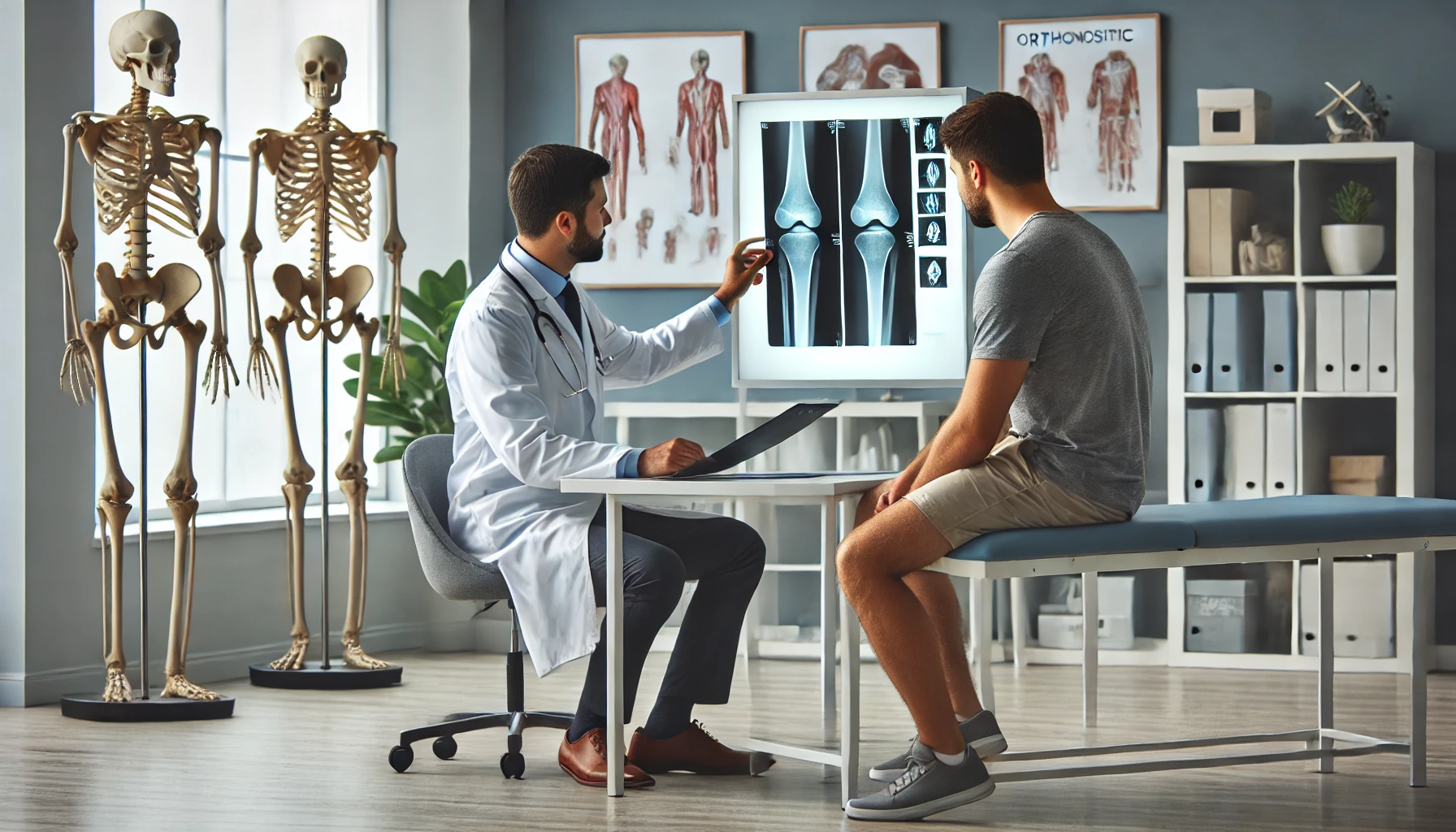
Some of the procedures performed in the orthopedic surgeons unit are as follows:
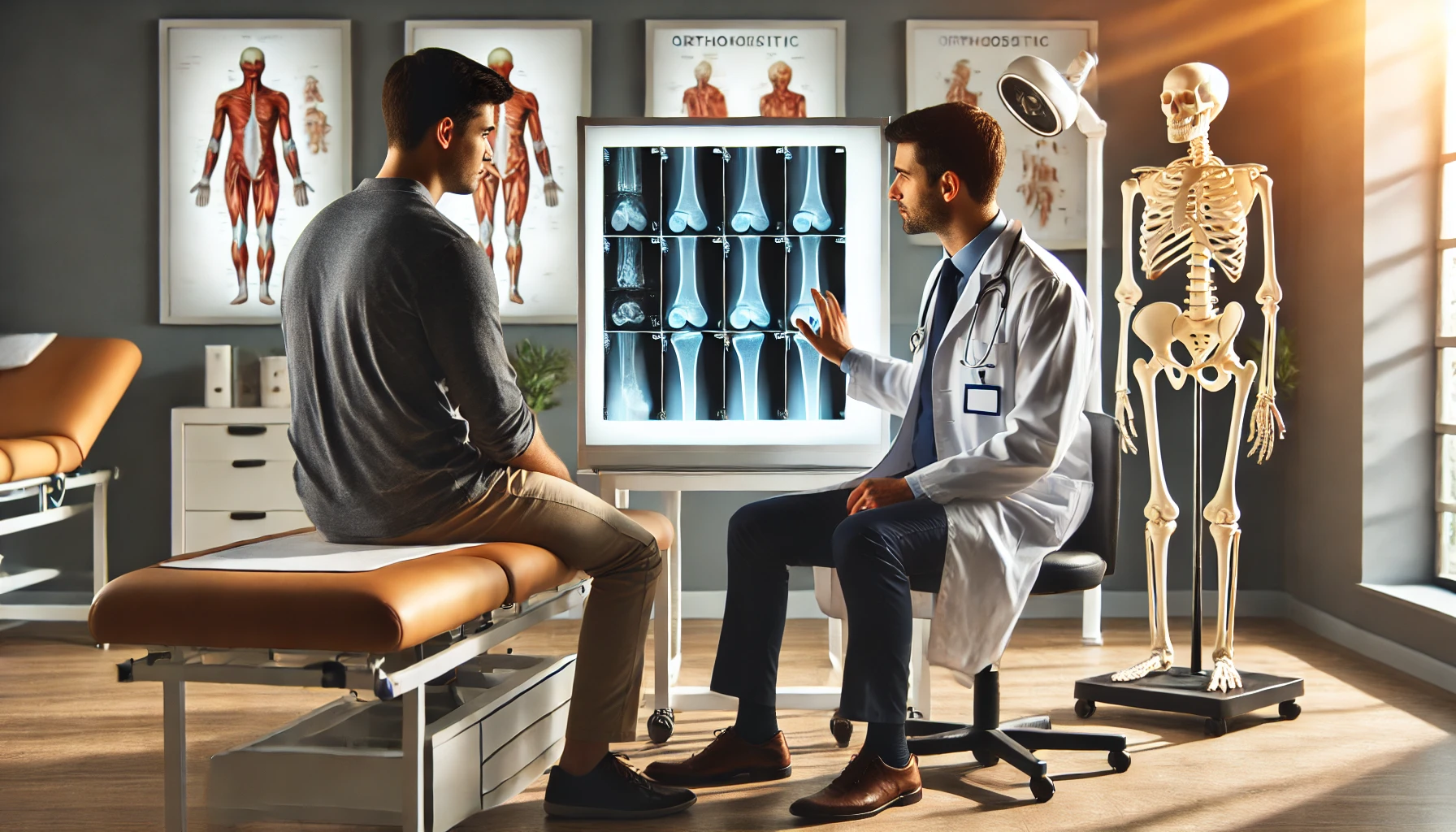
Hand Surgery – Microsurgery: The area from the fingertip to the shoulder area is included in the field of hand surgery. Problems such as bone fractures, tendon-muscle ruptures, nerve compression that occur in the area between the hand and the shoulder area are treated. Hand surgery is a field that needs to be continued patiently as it requires precise movements and coordination.
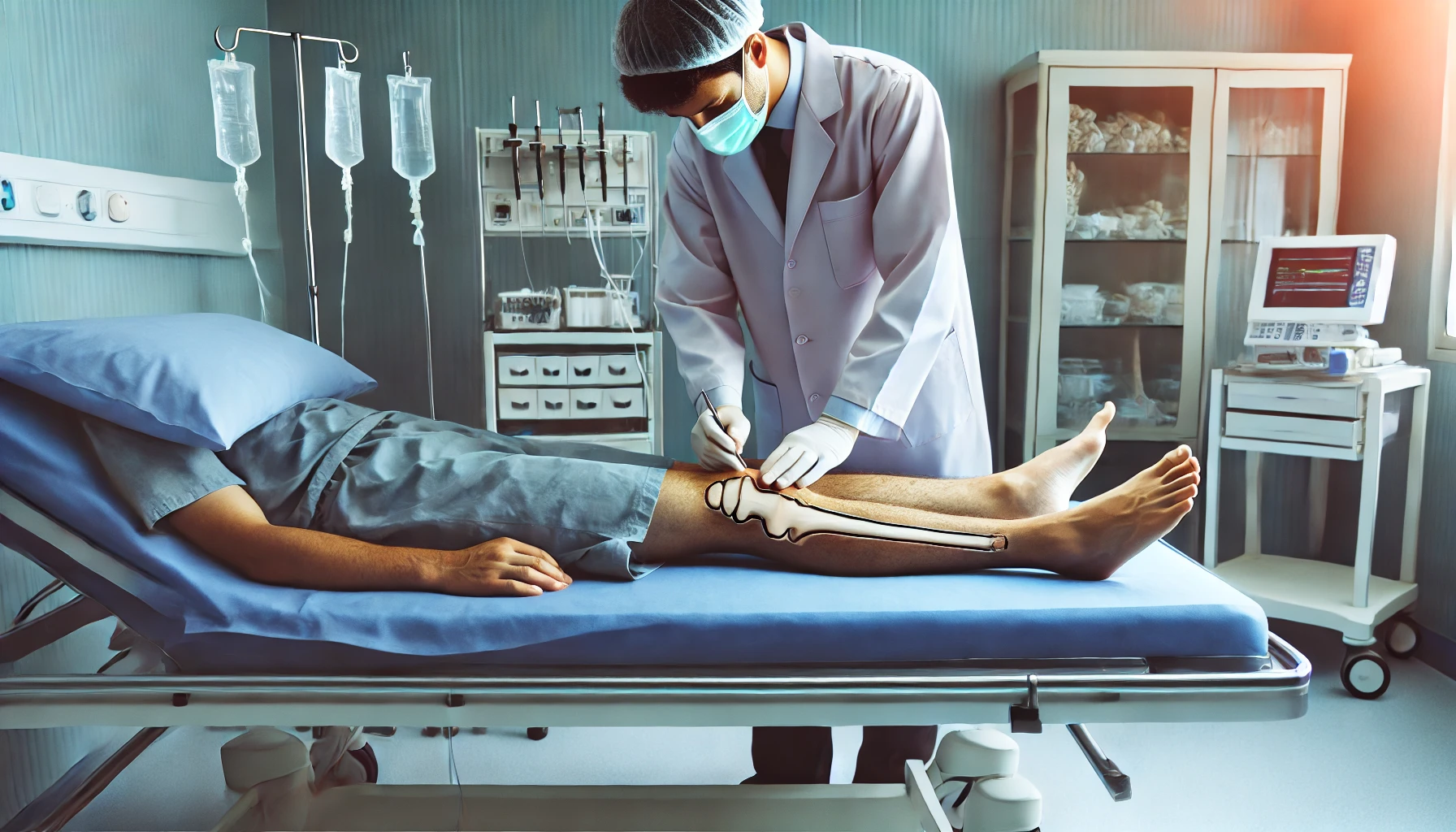
Spinal Surgery (Spine Diseases and Surgery): The most common spinal curvatures and fractures constitute the main treatment areas. Congenital or acquired scoliosis, spondylolisthesis, spinal stenosis, Schuermann kyphosis, spinal injuries, dislocations and spinal infections are diagnosed and treated.
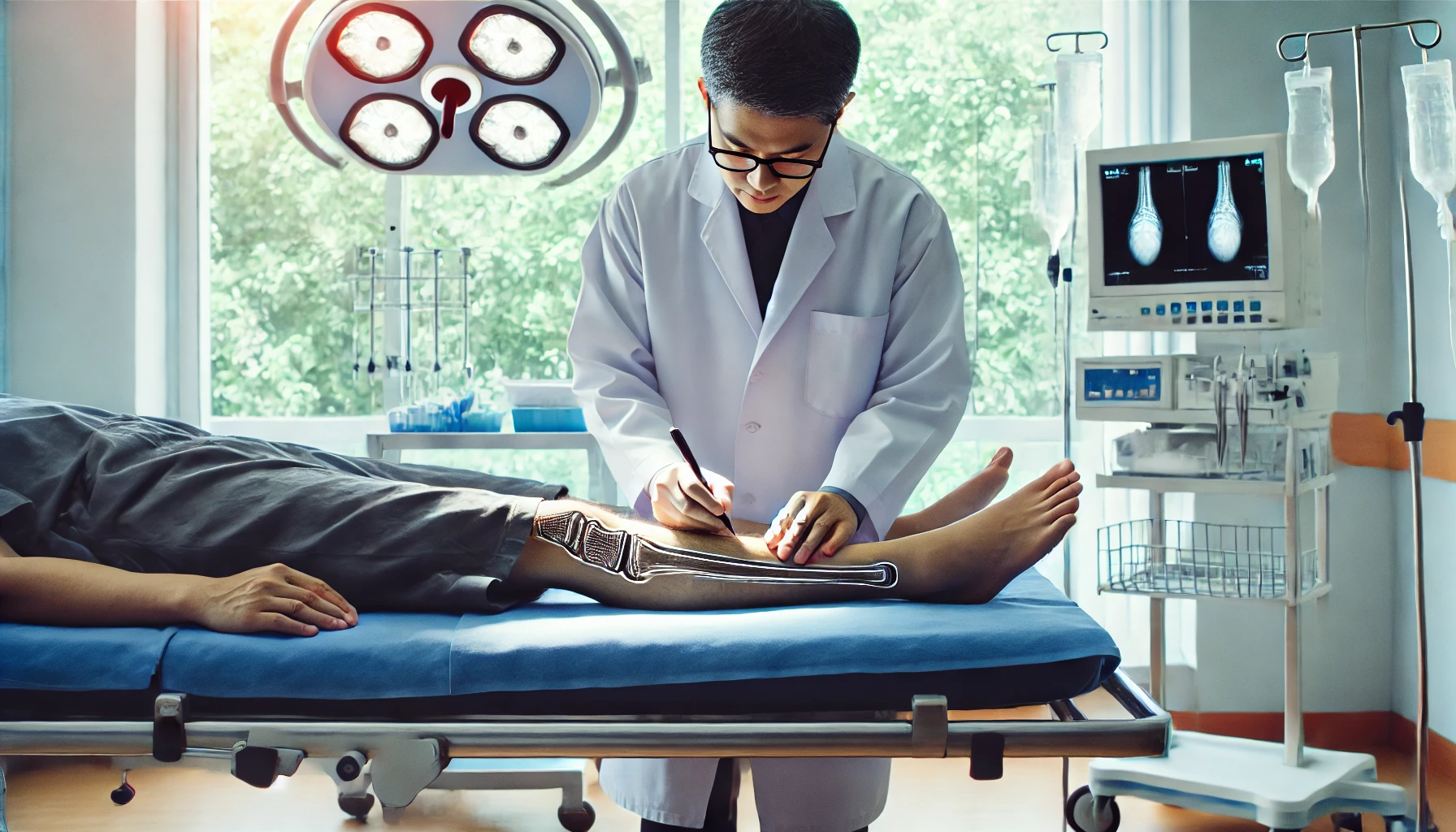
Knee Surgery: The knee, which is exposed to the highest load compared to other joints, is more prone to problems. Especially not warming up before starting sports and overstraining the knees can cause damage to the cartilage tissue in this area, rupture of the ligaments or tearing of the meniscus, which can disrupt knee health.
1
Ankle Surgery: In the region called talus dome, diseases such as tibia distal end anterior impingement, osteochondral damage, FHL tenosynovitis are treated.
2
Shoulder Surgery: Problems such as SLAP lesion (biceps tendon damage), frozen shoulder, impingement (pain caused by bone elongation), shoulder joint dislocation, tennis elbow and radius head dislocation are treated with closed or open surgical operations.
3
Treatment of Leg Inequalities and Lengthening Treatment: Unequal height problem in the legs or crooked legs are among the orthopedic problems that can be treated with the Ilizarov method. With the Ilizarov method, it can be equalized by shortening the long leg or lengthening the short leg.
Comprehensive treatment modalities
Pediatric Surgery: Congenital hip dislocation, Perthes disease, PEV sequelae, Brachial plexus damage, gait disorders, Torticollis, foot problems and spinal disorders are treated.
Oncological Surgery: Benign or malignant tumors that develop in an area of the skeletal system such as muscles, bones, nerves, tendons and joints are treated.
Sports Traumatology: Sports, which increases the organic resistance of the body and improves the physiological capacities of the systems, is an occupation that brings injuries when started without proper preparations. The knee joint is one of the most common areas exposed to trauma in sports activities with a share of 33%. The other most common injuries are the foot and thigh region, hip and groin region, shoulder joint, wrist and spine elbow joint. Emergency diagnosis and treatment of all sports traumas are performed by specialized physicians.
Posts
Managing Sciatica With Orthopedic Treatment
Many people first experience sciatica as a sudden pain that travels sharply from the lower back down the leg, creating a surprising level of discomfort that interrupts walking, sitting or[…]
Read moreThe Difference Between a Sprain and a Break
Have you ever twisted your ankle and wondered if it was simply a sprain or something more serious hiding beneath the swelling? Many people face this uncertainty after a sudden[…]
Read moreTendon Injuries and Surgical Repair Options
Many people first realize the seriousness of a tendon injury when a sudden sharp pain interrupts a simple daily movement, and the lingering weakness or swelling that follows forces them[…]
Read moreHow to Know If You Have Carpal Tunnel Syndrome
Numbness, tingling and weakness in your hand, especially at night, can be subtle early clues that carpal tunnel syndrome is affecting the nerve running through your wrist. What is carpal[…]
Read moreUnderstanding How Cancer Clinical Trials Work Safely
Chronic joint pain, most frequently stemming from conditions like osteoarthritis or inflammatory arthropathies, is not merely a physical discomfort; it is a pervasive life-altering condition that compromises mobility, disrupts sleep,[…]
Read morePlatelet-Rich Plasma (PRP) in Orthopedics
The clinical narrative surrounding Platelet-Rich Plasma (PRP) in orthopedics is one of captivating biological potential constantly grappling with the constraints of real-world application. PRP is not a new discovery; its[…]
Read moreUnderstanding the Role of Surgery in Cancer Management
The introduction of Platelet-Rich Plasma (PRP) into orthopedic practice represents a pivotal move towards harnessing the body’s intrinsic repair mechanisms to treat musculoskeletal pathology. This approach, which involves concentrating a[…]
Read moreBone Health in Older Adults: Prevention Tips
As the population ages, the preservation of skeletal integrity shifts from a passive given to an active, often complex, management priority. For older adults, the silent, chronic process of age-related[…]
Read moreBone Tumors: When Orthopedic Oncology Is Needed
The emergence of a bone tumor, whether detected incidentally on an X-ray or signaled by persistent, unyielding pain, immediately elevates a seemingly straightforward musculoskeletal issue into a critical diagnostic and[…]
Read more